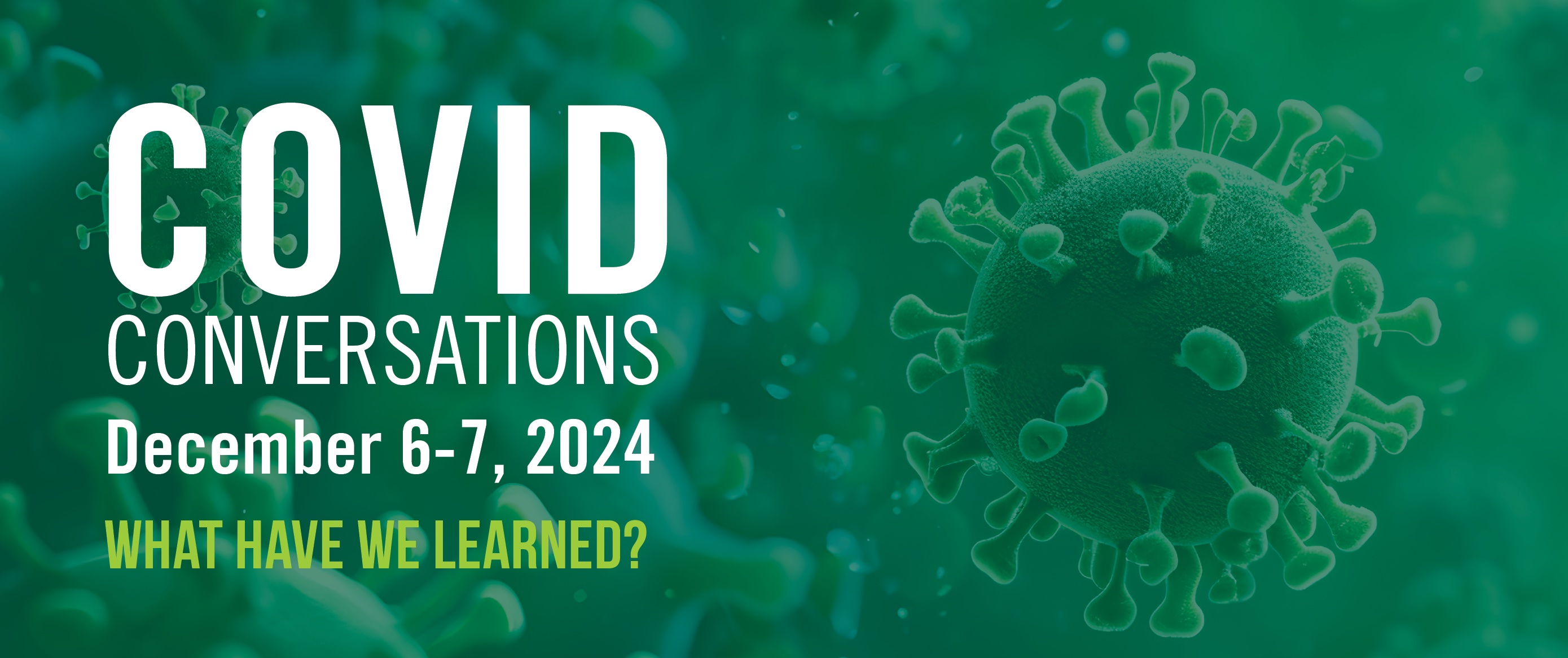Panel 4: “Science Communication, Evidence, and Accountability”
Loading...
Start Date
7-12-2024 1:30 PM
End Date
7-12-2024 2:45 PM
Description
A fundamental conflict has emerged since, and because of, COVID over science communication: how should the uncertainty that always exists in science be communicated to the public and used to justify policy? The view of some science communicators is that uncertainty should never be addressed. To do so invite such things as vaccine hesitancy in a public health emergency, conspiracy theories, and proliferation of misinformation. Others argue that this approach endangers, politicizes, and undermines the legitimacy of science. The problem of evidence poses related questions about authority: who is justified in making decisions in the face of radical uncertainty? The response to COVID provides a master class in these conflicts.
Panel 4: “Science Communication, Evidence, and Accountability”
A fundamental conflict has emerged since, and because of, COVID over science communication: how should the uncertainty that always exists in science be communicated to the public and used to justify policy? The view of some science communicators is that uncertainty should never be addressed. To do so invite such things as vaccine hesitancy in a public health emergency, conspiracy theories, and proliferation of misinformation. Others argue that this approach endangers, politicizes, and undermines the legitimacy of science. The problem of evidence poses related questions about authority: who is justified in making decisions in the face of radical uncertainty? The response to COVID provides a master class in these conflicts.



Comments